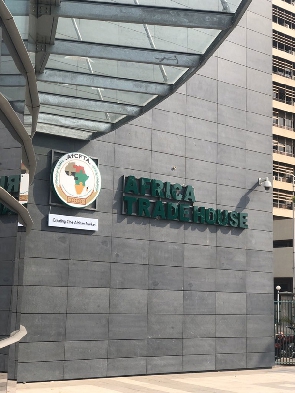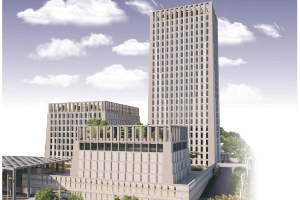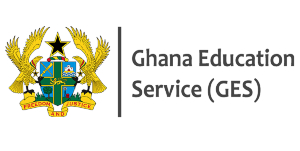Government on Tuesday announced that the nation is ready to host the African Continental Free Trade Area (AfCFTA) despite the COVID-19 pandemic.
The AfCFTA is a free trade area created by the African Continental Free Trade Agreement among African Union nations, with its secretariat to be based in Accra.
In statements by the Minister of Foreign Affairs and Regional Integration, and the Chairman of the Parliamentary Committee on Trade, Industry, and Tourism to mark Africa Integration Day, which falls on July 7, they gave the assurance that the nation was ready to host the AfCFTA despite the COVID-19.
At the 12th Extraordinary Summit of the Heads of State and Government of the African Union in Niamey, Niger, on 7th July 2019, the operational phase of AfCFTA was launched, and the summit decided that July 7, every year, should be designated as “Africa Integration Day.”
The day is not to be observed as a holiday but it is to commemorate the operationalisation of the AfCFTA and to promote economic integration across the Continent.
It is intended to celebrate the progress made in the implementation of the African Integration Agenda, including the African Continental Free Trade Agreement and its achievements.
It is also to galvanize and mobilize Africans within the Continent and abroad, towards accelerating and fully operationalising the ideals and objectives of the African Economic Community as enshrined in the Abuja Treaty of 1991, which, since its coming into effect in May 1994, has ensured major strides towards an integrated continent.
Joining in the celebration of the 2020 edition of the day, Ms. Shirley Ayorkor Botchwey, the Foreign Affairs and Regional Integration Minister, in a statement read on her behalf by her Deputy, Mr Mohammed Habibu Tijani, said significant milestone was reached with the coming into force of the Agreement establishing the AfCFTA.
“It is estimated that the elimination of tariffs as a result of the AfCFTA could boost trade in Africa by 15-25% in the medium term and create a US$3.0 trillion economic bloc, connecting 1.3 billion people across the Continent,” she said.
The Minister identified AfCFTA as being critical to the development of Africa, consistent with the development aspirations and policies of Ghana.
“It holds the potential to increasing Africa’s global trade and to facilitate the export of value-added products,” she said, adding; “I will contribute to building regional economic infrastructure, fostering food and energy security, generating jobs for the increasing number of young people, alleviating poverty and delivering shared prosperity through the implementation of appropriate policies.”
The Minister, therefore, called on all stakeholders to be focused and passionate in pursuing the AfCFTA agenda.
However, the COVID-19 pandemic had affected the start of operations of the AfCFTA Secretariat in Accra, which was scheduled for the end of March 2020 as well as the commencement of trading under the AfCFTA on July 1, 2020, she said.
Nonetheless, Ghana has discharged her obligations to ensure the smooth operationalisation of the Secretariat.
Nana Marfo Amaniampong, the Chairman of Parliament’s Committee on Trade, Industry, and Tourism, observed that the COVID-19 had caused a fall in the demand for Africa’s commodity exports and further threatened food security.
However, it was opening up local production of personal protective equipment among other products, which called for enhanced production for export after the pandemic.
Nana Amaniampong indicated that Ghana was ready to host the AfCFTA despite the COVID-19 and called on African leaders to take advantage of these difficult times to diversify industries and transform their economies for sustainable development.
Contributions by Mr. Haruna Iddrisu, the Minority Leader and MP for Tamale South, also a former Minister of Trade and Industry, and Mr. Joseph Yieleh Chireh, MP for Wa West, underscored the need to boost intra African trade through the removal of internal trade barriers.
Business News of Tuesday, 7 July 2020
Source: GNA

















